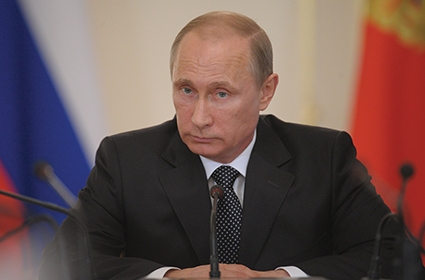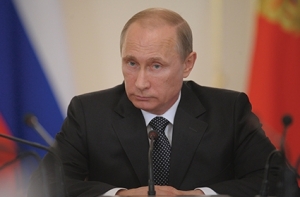Inviting Russia?
Minister of Defense Tina Khidasheli has said in a statement it is clear that the Russian Government has set a goal to create a problem for NATO expansion.
“There’s nothing new in it and it would be strange if it were not so. The on-going events, in Macedonia, for example, very clearly show Russia’s attitude and intentions. However, the free world acts to its own rules and naturally and it does not subordinate to this kind of blackmail,” Khidasheli said.
Concerning Russia’s cooperation with the occupied territories, Khidasheli continued, “We know that ‘agreements’ were signed and entered into force, but we also know very well that nothing in real life has changed in the occupied territories, which often served as grounds for local resident dissatisfaction.”
The Minister highlighted that Russia does not observe principals with regard to sovereign states or the occupied regions. This is the real face of the Russian authorities.
Early January, Russian President Vladimir Putin told the German Bild publication that NATO could refuse expansion in order to provide international security, but that the Alliance wanted to be ‘king’ and in doing so exacerbated the crisis in Europe.
Putin said the third forces used international terrorism while fighting Russia and provided ‘anti-state’ forces with political, financial and armed aid. He added that the sanctions imposed by the West were a mistake and that Russia did not invade Crimea.
Meanwhile, the Turkish President Recep Tayyip Erdo an criticized his Russian counterpart for his ‘illegitimate’ claim that Russia was invited by the Syrian government. “The Syrian government is not a legitimate government. Why did you send forces to Georgia, then? Because you were invited? Did you send forces to Ukraine because you were invited there?” the Turkish leader asked Putin.
It has been Russia’s declared strategy to prevent Georgia from becoming a member of the European and Euro-Atlantic family and to restore the former USSR sphere of influence throughout the Caucasus and Eastern Europe. Yet, despite numerous attempts by Russia to fully subordinate the country, ranging from the 70-year Soviet occupation to provoking a civil war (1990s) and occupying 20 percent of the country’s sovereign territory today, Georgia still maintains its laborious route towards the Euro-Atlantic space.
Zviad Adzinbaia












